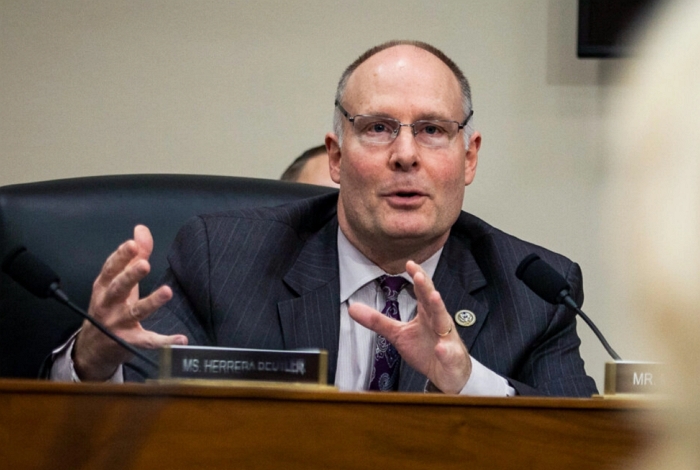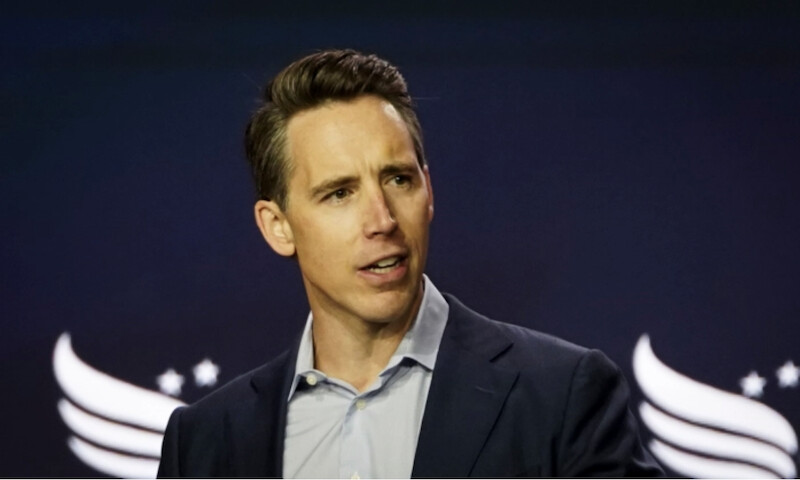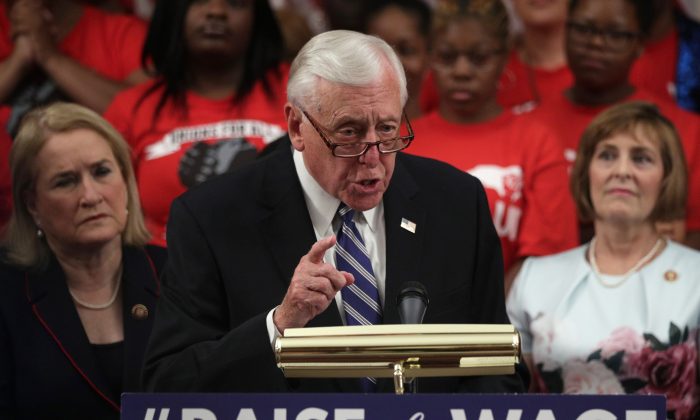미국 하원에서 다수당을 차지하고 있는 민주당이 연방 최저임금을 현행 7.25달러에서 2배 가까운 15달러로 인상하는 안을 표결에 붙이겠다고 나섰다. 최저임금 인상안을 주도하는 스테니 호이어 민주당 하원원내대표는 2009년에도 최저임금을 인상을 이끌었던 인물이다. 그러나 공화당이 다수당을 차지하고 있는 상원 통과전망은 어두워 보인다. -편집부
WASHINGTON—Rep. Steny Hoyer (D-Md.) was House Majority Leader in 2009 when the federal minimum wage was increased to its present level of $7.25, and he was happy to be in the same job on July 18 as the lower chamber of Congress voted to more than double it.
“I was House Majority Leader the last time we raised the minimum wage, and I’m proud to bring this legislation to the floor now,” Hoyer told colleagues before the vote.
The Raise the Wage Act of 2019, which was approved on a 231–199 vote, will increase the federal minimum to $15 an hour by 2025, the largest increase ever under one bill.
The Congressional Budget Office (CBO) said on July 8 that as many as 3.7 million jobs could be lost if the measure becomes law, but the office’s study also projected that as many as 17 million Americans would benefit.
“That’s literally the entire state of Oklahoma. That’s how many jobs would be lost under this bill,” House Minority Whip Rep. Steve Scalise (R-La.) told colleagues during the floor debate.
The House version or something substantially like it must now pass the Senate and be signed into law by President Donald Trump.
But the Senate is controlled by Republicans who mostly oppose such a steep increase. Senate Majority Leader Mitch McConnell (R-Ky.) has no plans to bring a Senate version of the House bill up for a vote, bluntly telling Fox News on July 18 that “we’re not going to be doing that.”
Trump has previously given contradictory indications of his position on the issue, but White House officials have promised a veto if the House bill reaches his desk.
The White House view is that Trump’s 2017 tax cuts have boosted wages at a record pace and pushed unemployment to historic lows, so the problems Democrats are focusing on with the minimum wage increase are already being addressed effectively.
The measure approved by the House includes a provision that requires the Government Accountability Office (GAO) to conduct a study after the first two of six graduated hikes en route to the $15 level.
The GAO study requirement was added via an amendment introduced by Reps. Stephanie Murphy (D-Fla.) and Tom O’Halleran (D-Ariz.), both of whom are members of the moderate Democratic Blue Dog caucus.
The GAO study would assess if effects of the first two increases vary from one region of the country to another. White House economic adviser Larry Kudlow has argued that the minimum should be allowed to vary according to economic conditions across the country.
The measure also eliminates the subminimum wage for workers who depend on tips.
The measure also provides for future increases to the minimum wage indexed to inflation.
House Republicans tried but failed to send the bill back to a committee with instructions to amend the text to exempt businesses with fewer than 10 employees or total annual sales of less than $1 million.
The Republican effort was defeated on a 210–208 tally. A spokesman for the National Federation of Independent Business issued a statement after the House vote, calling it “a devastating blow to small business.”
Republican campaign strategists interviewed by The Epoch Times on July 18 predicted similarly dire consequences if the House bill becomes law.
John Thomas, president of California-based Thomas Partners, said, “This is dead on arrival in the Senate. It’s the Democrats’ desperate attempt to shift the conversation back to wages and away from socialism, health care for illegals, late-term abortions. Trouble is, their wage increase will kill millions of jobs and hurt the economy that is in overdrive.”
Democrats agreed the outlook in the Senate is bleak. Jim Manley, former communications director for then-Senate Majority Leader Harry Reid (D-Nev.) was pleased “that proponents of the bill managed to get it out of the House, but unless changes are made in the Senate, such as tax incentives for small businesses, it will never become law, because of Republican opposition.”
Jimmy Williams, former senior economic adviser to Sen. Dick Durbin (D-Ill.), agreed, saying the House bill “is long overdue. It’s also dead in the Senate since McConnell won’t bring it up.”
Tim Chapman, executive director of Heritage Action, a conservative political advocacy group, told The Epoch Times that “Democrats are pushing the issue because they understand the working-class vote is crucial for the 2020 election.”
“Many of those voters crossed the aisle to support Trump in 2016, and the GOP would be wise to develop a working-class policy agenda that can help keep those voters in the fold,” he said.




![먹거리만으로도 우울·불안에서 벗어날 수 있어…핵심 영양소 3가지는 [바이탈사인]](https://kr.theepochtimes.com/assets/uploads/2024/04/sss-1-235x132.jpg)
![기후변화에 맞선 에어로졸 살포 실험…자연에 개입할 수 있을까 [팩트매터]](https://kr.theepochtimes.com/assets/uploads/2024/04/jjjj-235x132.jpg)
![‘가짜 통계’로 눈을 가리다…美 경제 상황 실제론 심각 [프리덤퍼스트]](https://kr.theepochtimes.com/assets/uploads/2024/04/sssss-235x132.jpg)